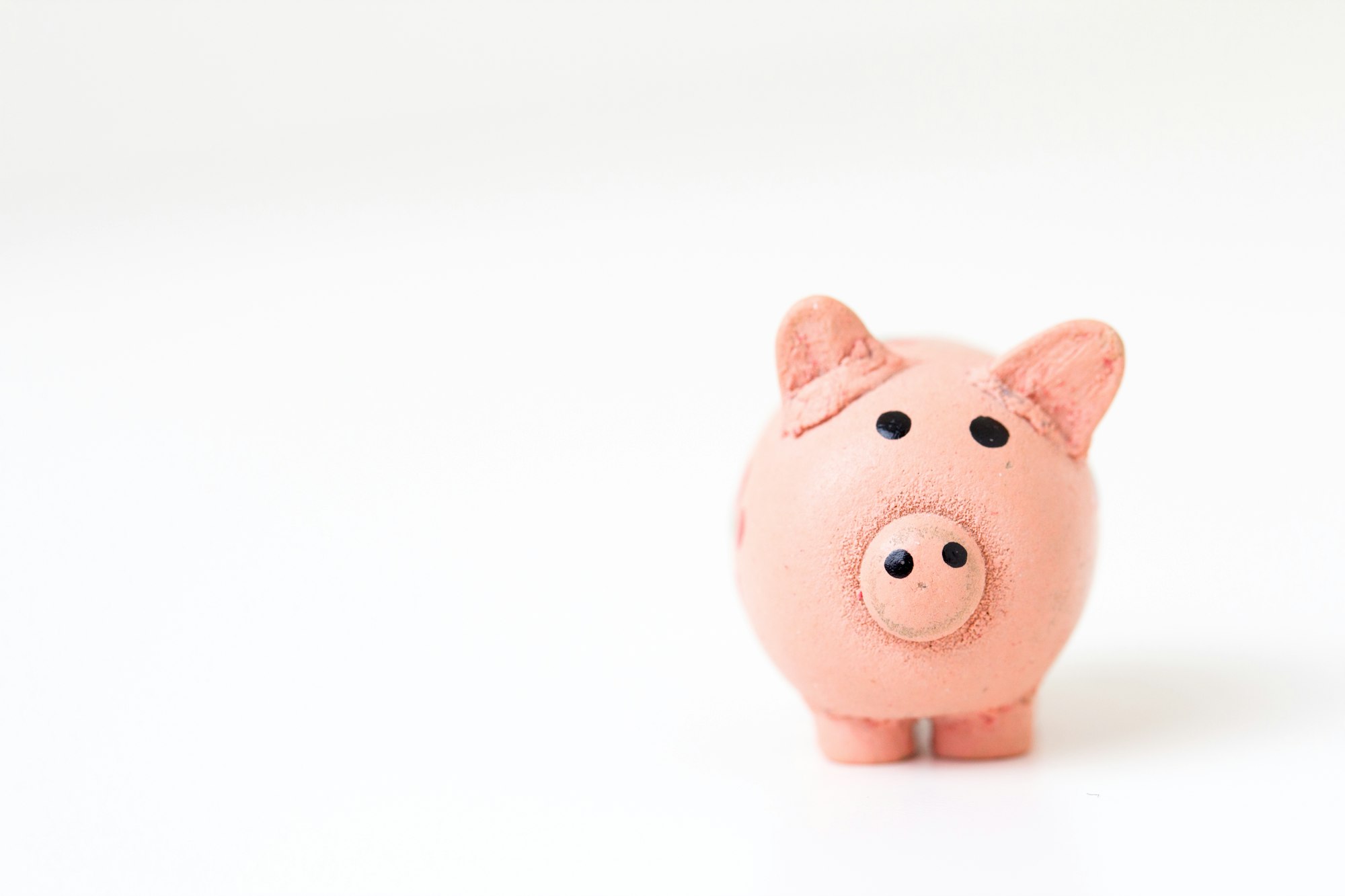Frugality FTW
Being frugal is often associated with being cheap or living a deprived lifestyle. However, this couldn't be further from the truth. In fact, being frugal is a valuable skill that can help one save money, make the most of resources, and live a fulfilling life on a budget.

[This is an experiment to see if I can use ChatGPT to do the grunt while coming up with a blog post. Too bad DALL-E was overloaded at the time. I would have used it to generate an original(?) feature picture]
Being frugal is often associated with being cheap or living a deprived lifestyle. However, this couldn't be further from the truth. In fact, being frugal is a valuable skill that can help one save money, make the most of resources, and live a fulfilling life on a budget. In this brief, chatGPT powered post, we'll explore what it means to be frugal and how one can incorporate this mindset in life or biashara, while also considering whether being frugal can be considered a sign of privilege.
What frugality is:
Frugality refers to a lifestyle or behaviour that is characterised by being careful with once money and resources, and avoiding unnecessary expenditures. A frugal person may prioritise saving money, finding ways to reuse or recycle items, and avoiding luxury or indulgent purchases. (Easier said than done!). Frugality can also refer to a simple or austere approach to life, where one avoids excess or extravagance in all areas, not just financial ones. Additionally, frugality can describe someone who is resourceful and creative in finding ways to meet their needs without spending a lot of money.
Misconceptions About Frugality:
Being frugal does not necessarily mean being cheap or stingy, living in poverty, or depriving oneself of basic needs. Rather, it involves finding ways to live within one's means while still enjoying a fulfilling life. Being frugal does not mean being a minimalist or living a spartan lifestyle, but rather finding a balance that works for you.
The Benefits of Being Frugal
Being frugal can benefit anyone, regardless of income level or profession. For startup founders and business owners, being frugal can help with cost management, innovation, focus, and financial sustainability. By managing costs and investing in areas that will have the greatest impact on the business, a frugal approach can help one make the most of limited resources and build a financially sustainable business.
In addition to the benefits for entrepreneurs, being frugal can help anyone save money, reduce waste, and find creative solutions to everyday problems. By adopting a frugal mindset, one can prioritise values, enjoy the things that matter most, and make the most of resources.
Is Being Frugal a Sign of Privilege?
An argument could be make that being frugal is a sign of privilege, as it is often easier for those with higher incomes to adopt a frugal lifestyle (e.g. by buying household suppliers in bulk, or having residual funds to take advantage of good deals that come their way). However, it's important to note that being frugal can also be a necessity for those with lower incomes or who face financial challenges. In these cases, being frugal can be a way to make ends meet, avoid debt, and build financial stability. While being frugal may be easier for those with more resources, it is a valuable skill that can benefit anyone, regardless of income level.
Conclusion
In conclusion, being frugal is a valuable mindset and skill that can help anyone live a fulfilling life on a budget. By prioritising efficiency, innovation, focus, and financial sustainability, you can achieve your goals and make the most of limited resources. Whether one is a startup founder, business owner, or simply looking to manage finances more effectively, being frugal can help one save money, reduce waste, and find creative solutions to everyday problems. While being frugal may be easier for those with more resources, it is a skill that can benefit anyone, regardless of income level, and can be adopted as a necessity or choice to build financial stability.